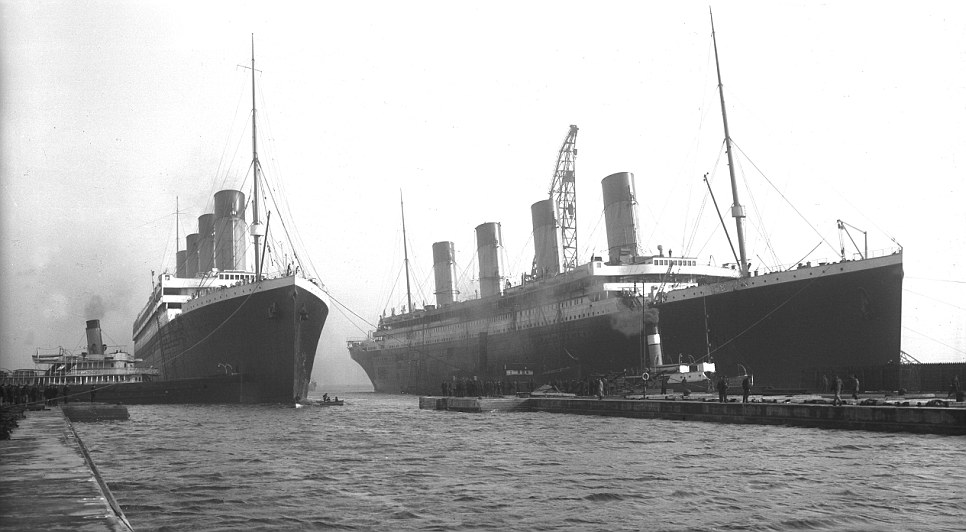
In this article related to effects of drinking sea water, we will consider the option of utilizing ocean water for drinking purposes. A ship sails in the oceans and there is literally unlimited supply of sea water all around but do you think you can safely drink this water just in case some untowards incident happens during the voyage and the supply of fresh water is exhausted. Let us find out.
Of course journeys are undertaken to be completed. Complete care is taken to be prepared for all kinds of emergencies and contingencies during travel. An emergency can be of any nature and can lead to any unwarranted situation. The best thing is to be aware and be prepared. An important part of safety training is regarding the effects of drinking sea water on human bodies. In this article we analyze the same.
We need both salt and water to live. However, the situation is a little when it comes to seawater. Seawater is water from the oceans and seas and on an average, every liter of water has approximately 35 grams of dissolved salts. The composition of seawater is complex. It contains other salts and minerals like potassium, iodine, bromine, magnesium etc.
Is It Safe To Drink Sea Water?
Just in case you are not aware, let us tell you that seawater is NOT suitable for drinking, not even in an emergency when you are starving with thirst. It is important to understand the effects of drinking sea water and why seawater is not meant for drinking for reasons of safety. Let us look at the reasons behind this:
• The situation with seawater is tricky for the simple reason that no doubt, that water is an absolute essential for survival but it is only a small amount of salt that is required by our bodies. It is only 500 milligrams of sodium that is required by our bodies. The American Heart Association seals the upper limit at 2400 milligrams.
The table below gives an approximate composition of sea water constituents in percentage terms.

• Seawater when touched to the tongue tastes bitter. Seawater does not contain simply what is referred to as common salt. The ocean or seawaters are highly saline. The salt content is about three times more than the human blood. The salt content is much more than what can be easily broken down by the metabolism system of our bodies. Though, these minerals are an important part of human diet but the quantity is not something that human bodies can tolerate.
Effects of drinking sea water – What happens if seawater is consumed?
Human body contains salt in an adequate quantity. The salt is constantly lost through sweat and urine. Replacing this salt is necessary, but only in a limited quantity. Our blood cells and kidneys cannot tolerate over supply of water.
Hence one of the major effects of drinking sea water is that the salt content in our bodies goes up, the moment this happens water from all cells rushes to dilute the excess salt. This further means that the cells are deprived of water, which does not allow them to perform their functions in a normal manner.
This results in dehydration that could lead to unconsciousness and damage to the brain. On the other side, the blood cells take the excessive salt to the kidneys to be flushed out. The kidneys are not able to handle this and stop functioning. Seawater can be used for wetting the lips, but care has to be taken not to ingest it.
Finding Drinking Water in the Sea
Finding fresh or water worth drinking from the ocean is not a very difficult task. What it requires is awareness more than anything else. Some of the methods are:
• Remember, more saline the water is the longer it will take to freeze. In case seawater is collected and frozen, the salts will sink at the bottom of the container after some while. The water on the top will freeze earlier than the water at the bottom as it contains salt. The frozen ice from the top can be used.
• Ice that is collected in Polar Regions can also be consumed. It is recommended that before water obtained from such ice, or sucking such ice, it be tasted a little to cross check the absence of salt. The older the glacier will be, lesser will be the salt content.
• Humidity that collects on various surfaces can also be consumed.
• Fish are considered to contain water. The only problem with fish is that if had in a state of dehydration, breaking of the protein present in the fish may consume more water than is available in the body.
• The eyes of the fish and the area around the vertebra are rich in water content. These can be sucked to extract the water.
Consuming seawater accidentally and in a small quantity or mixing it with large quantities of fresh water is not something alarming. However, drinking seawater as a counter measure to deal with dehydration is not recommended at all.
Effects of Drinking Sea Water,




